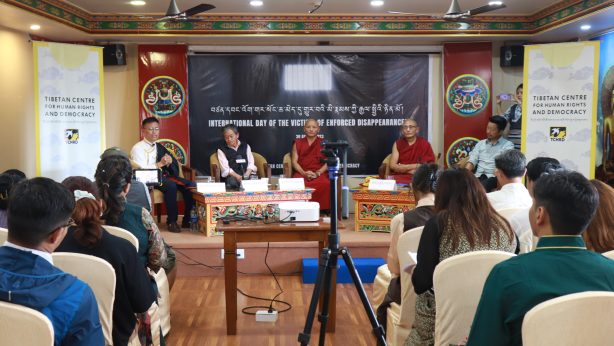Unveiling enforced disappearances through the Tibetan experience – a panel discussion on the International Day of the Victims of Enforced Disappearance
In 2012, China amended its Criminal Procedure Law, introducing a provision in Article 73 that marked an unconventional departure from established legal norms. This provision enabled a practice known as “Residential surveillance at a designated location” (RSDL), which allowed authorities to detain individuals without formal arrest for up to six months. Notably, this detention could occur at a location chosen by the police, circumventing the need for disclosure, due process, and the possibility of judicial review.
This departure from conventional legal procedures raises concerns as it legalises the use of “enforced disappearance.” This practice starkly contrasts China’s obligations under international human rights treaties it had ratified, such as the International Covenant on Economic, Social and Cultural Rights and the International Convention on the Elimination of All Forms of Racial Discrimination. China has also signed and ratified the Convention Against Torture and Other Cruel, Inhuman or Degrading Treatment or Punishment and is accountable to other customary international laws.
Read More
